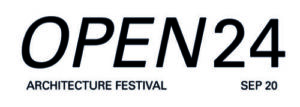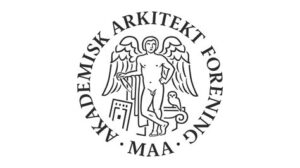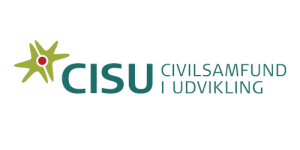A recent start-up workshop was attended by all those involved in our biocenter project. Including the mayor of the large Nakawa section of the metropolis, which contains the 45,000-person Kinawataka slum. The mayor pledged his full support and has set up a project steering committee to help clear obstacles as the project progresses.
Kinawataka is characterised by massive poverty and a severe lack of toilets, with open, muddy sewers criss-crossing the settlement. The result is a hazardous environment, not least for children walking barefoot and playing in the narrow alleys of the settlement.
Together with our local partner organisations, we will now build a two-storey biocenter that will provide access to toilets and showers, sell water and produce biogas for the nearby residents.
The biocenter will be the first of its kind in Uganda and we expect it to have at least 200 daily users. The biocenter’s facilities will lead to a cleaner and healthier urban environment that will reduce poverty in the neighbourhood by creating fewer cases of disease.
The biocenter concept was developed in Kenya where 60+ of them have been built in the slums of Nairobi, literally saving lives by reducing mortality from cholera and dysentery, among other diseases caused by faeces in the urban environment. Two Kenyan biocenter experts are part of the team to transfer knowledge across borders and ensure that our Ugandan development partners can build biocenters themselves in the future.
Read more about the project here.













